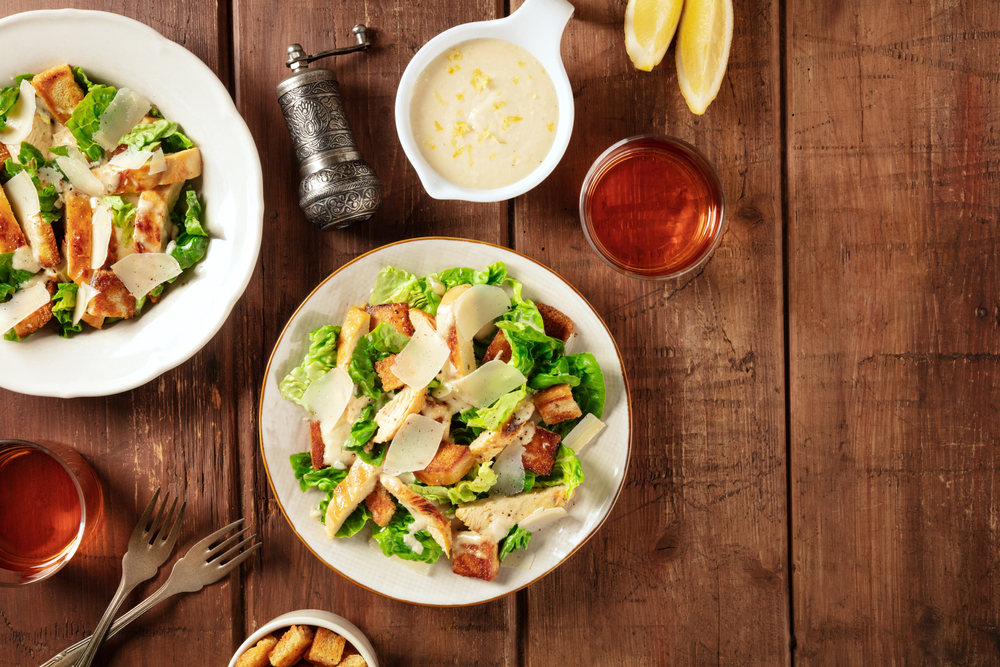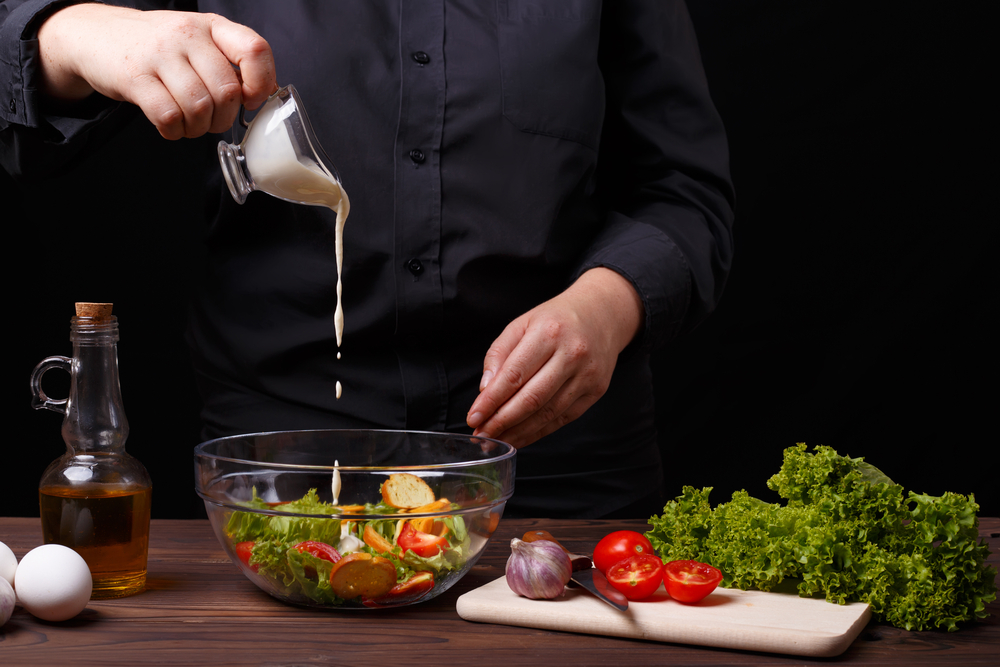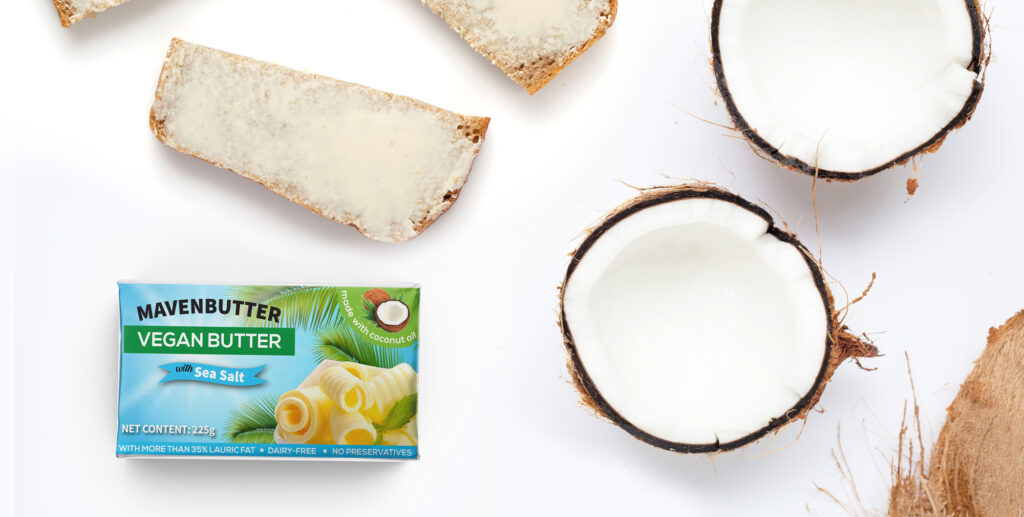Ever wondered how to run a seasonal restaurant business? This article will guide you through strategies for running a seasonal restaurant, from menu planning to sourcing ingredients. We’ll explore practical tips to help you make the most of each season and ensure your restaurant thrives year-round.
What is Restaurant Seasonality?
Restaurant seasonality is when a restaurant’s business changes at different times of the year. This can affect how busy the restaurant is, what foods they serve, and how much money they make.
Factors That Impact Restaurant Seasonality
- Weather. Weather is one of the most significant factors affecting restaurant sales. Warm weather can boost business, especially for restaurants with outdoor seating. Conversely, harsh weather conditions, like storms and blizzards, can lead to fewer dine-in customers and more delivery orders.
- Ingredients. Ingredient availability can also impact restaurant seasonality. A year-round menu that relies on specific ingredients may suffer from out-of-stock dishes or lowered food quality when those ingredients are out of season.
- Location. The geographical location of your restaurant plays another role in seasonality. For instance, restaurants in regions with different seasons may see a decline in sales during rainy or winter seasons.
- Holidays. Seasonal holidays can affect restaurant traffic. Many people prefer going out with their family during holidays, which can lead to an increase in customers.
- Tourism. Tourism trends can greatly influence restaurant seasonality. Summer often brings an influx of tourists, boosting the restaurant business.
Benefits of Syncing Restaurant Operations with Seasonal Trends
Aligning your restaurant operations with seasonal trends offers several benefits. It allows you to take advantage of peak business periods, ensure the availability of fresh ingredients, and tailor your marketing efforts to attract more customers. By understanding and adapting to these seasonal changes, you can maximize your restaurant’s performance and profitability throughout the year.
Tips for Running a Seasonal Restaurant
Here are some tips to help you navigate the ins and outs of seasonal restaurant management.

Adapt Your Menu to Seasonal Ingredients
One of the most effective strategies for running a seasonal restaurant is to adapt your menu to feature seasonal ingredients. Customize your menu to maintain quality and keep your offerings fresh and exciting.
- Use Fresh, Locally Sourced Produce. Seasonal ingredients are not only more flavorful but often cheaper, helping you reduce costs and enhance customer satisfaction. It helps support local farmers, and customers appreciate knowing that their food is sourced responsibly and sustainably.
- Implement Seasonal Menu Planning. Consider changing your menu to be more fitting with the current season. For example, in the summer months, offering refreshing treats like ice cream can be a big hit. Soft-serve ice cream mixes and ice cream dips and coatings can help you create delicious, seasonal desserts that draw in customers. You can also offer iced tea and instant lemonade mixes to quench your customers’ thirst, as they are easy to add to your menu.
- Offer Seasonal Promotions. During holidays, restaurants can also use a seasonal menu to attract more customers. Here are some ideas:
- Christmas: Offer special winter-style cocktails and a Christmas dinner menu.
- Valentine’s Day: Provide a romantic dinner package with a set menu and wine pairing.
- Use Specialty Products to Enhance Seasonal Dishes. Specialty ingredients can help you maintain high standards and streamline food preparation, ensuring that even during the busiest holiday seasons, your restaurant delivers excellent meals swiftly and efficiently.
- Simplify dessert preparation, even during busy periods. Bakery mixes help restaurants create holiday-themed treats quickly and efficiently.
- Cook-up sauces guarantee consistency in flavor and reduce preparation time, making it easier to serve high-quality dishes when the restaurant is packed.
Manage Staffing According to Seasonal Demand
Staffing is another crucial aspect of running a seasonal restaurant. Here are some strategies to ensure you have the right staff at the right time:
- Hire Seasonal Workers. During peak seasons, consider hiring temporary staff. This strategy is particularly beneficial in tourist-heavy areas where the influx of customers is predictable. Temporary workers can help manage the increased workload without long-term commitment.
- Cross-Train Employees. Cross-training your employees ensures that your team can handle multiple roles during lean times. For instance, a waiter could also be trained to handle hosting duties or kitchen prep. This flexibility can help you maintain service quality without overstaffing.
- Provide Off-Season Incentives. To retain your valuable full-time staff during slower periods, offer them incentives such as training opportunities or a short paid vacation. This not only helps with staff retention but also ensures that your team is motivated and ready for the next busy season.
- Adjust Operating Hours for Peak Seasons. During peak seasons, consider extending your operating hours to accommodate the increased demand. Conversely, during slower periods, you might want to reduce your hours to save on operational costs.
Ensure the Consistent Quality of Your Facilities
Keeping your seasonal restaurant in pristine condition and equipped with the best tools is essential, especially during peak seasons.
- Clean and Maintain Facilities Regularly. During off-peak times, use the opportunity to deep clean your restaurant and perform necessary maintenance. This ensures that your establishment is in top shape when business picks up again. Invest in heavy-duty cleaning equipment to maintain a spotless and efficient kitchen.
- Use Commercial-Level Equipment. During peak season, make use of commercial kitchen equipment that can help you maintain high standards and streamline your processes.

Serve Only the Best for Every Season
Operating a seasonal restaurant requires strategic planning and adaptability. By adjusting menus to feature seasonal ingredients, managing staffing efficiently, and maintaining your facilities, you can navigate the challenges and seize the opportunities each season brings.
Invest in high-quality ingredients and equipment to ensure consistency and quality, regardless of the time of year. For tailored solutions that support your seasonal restaurant needs, contact Oleo-Fats Inc. today!



